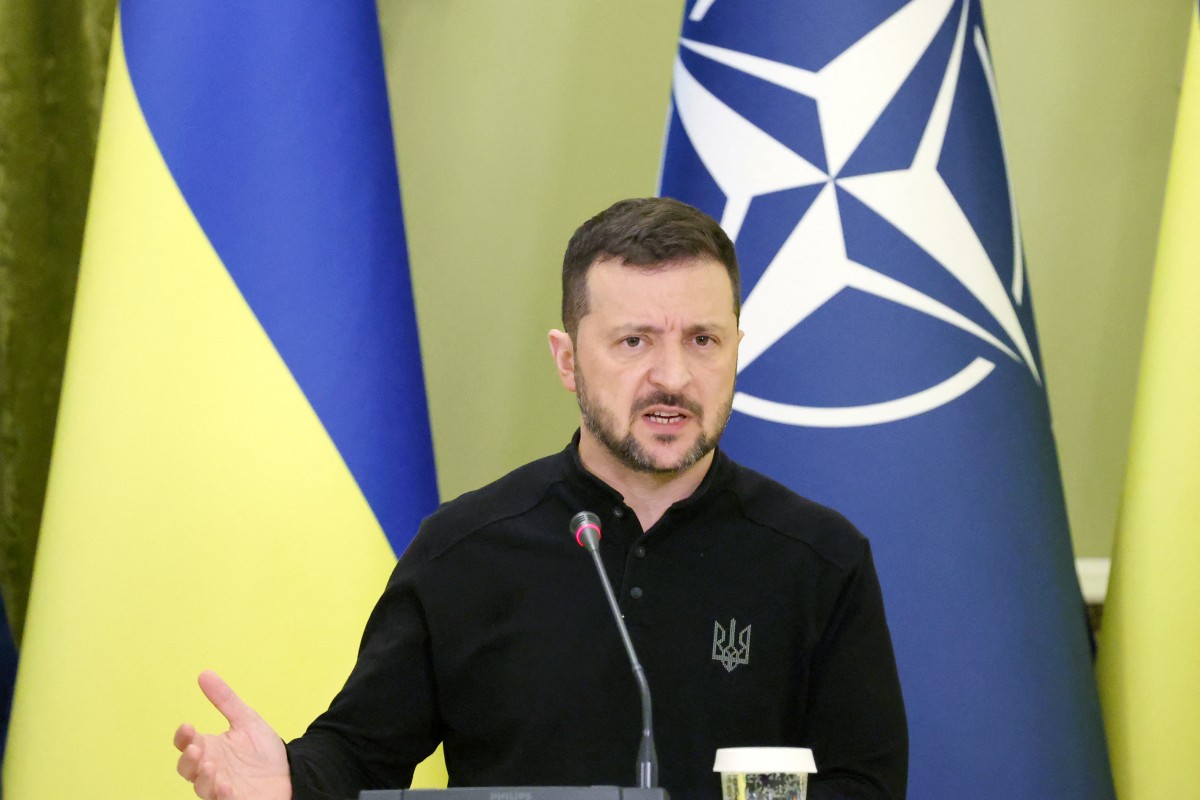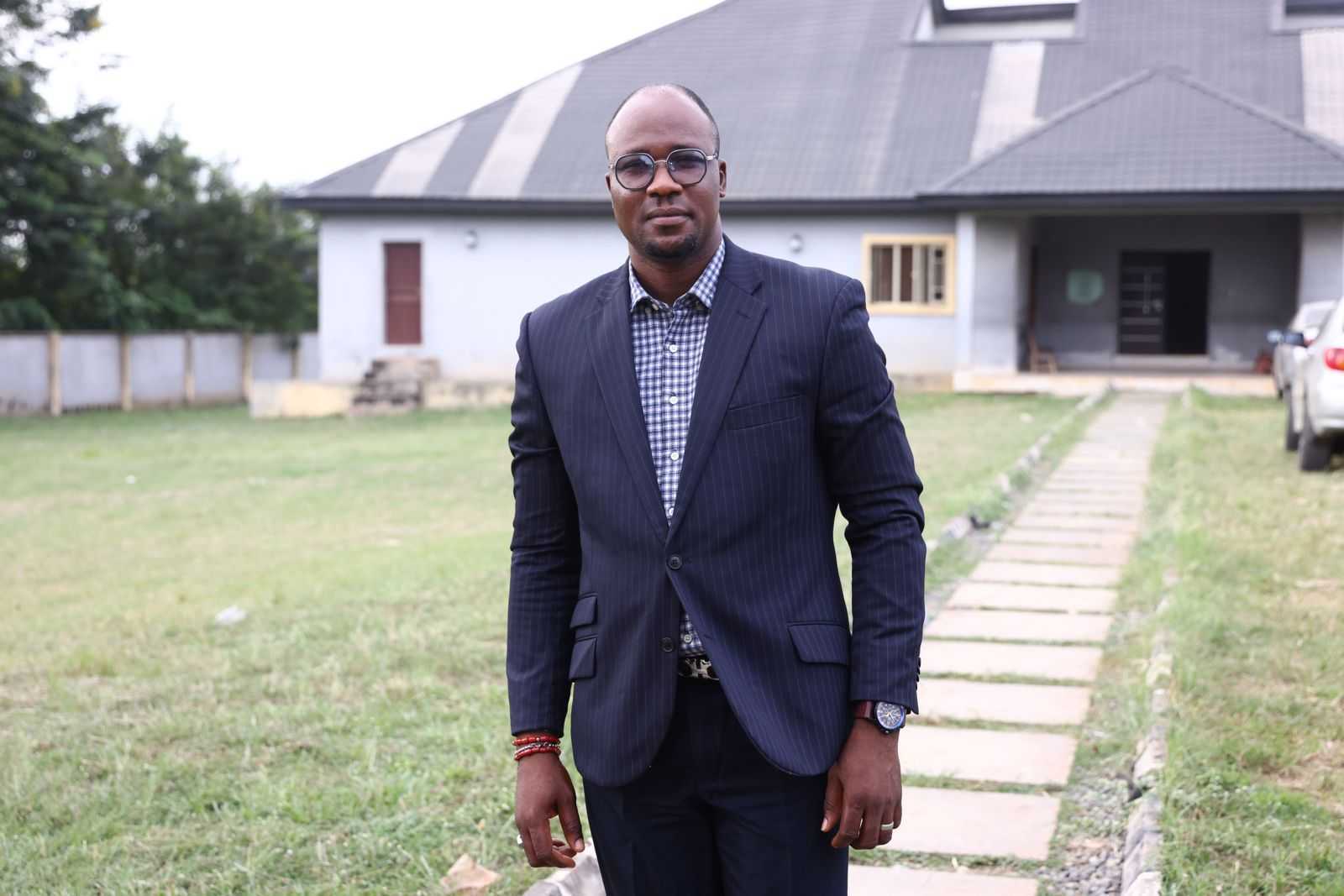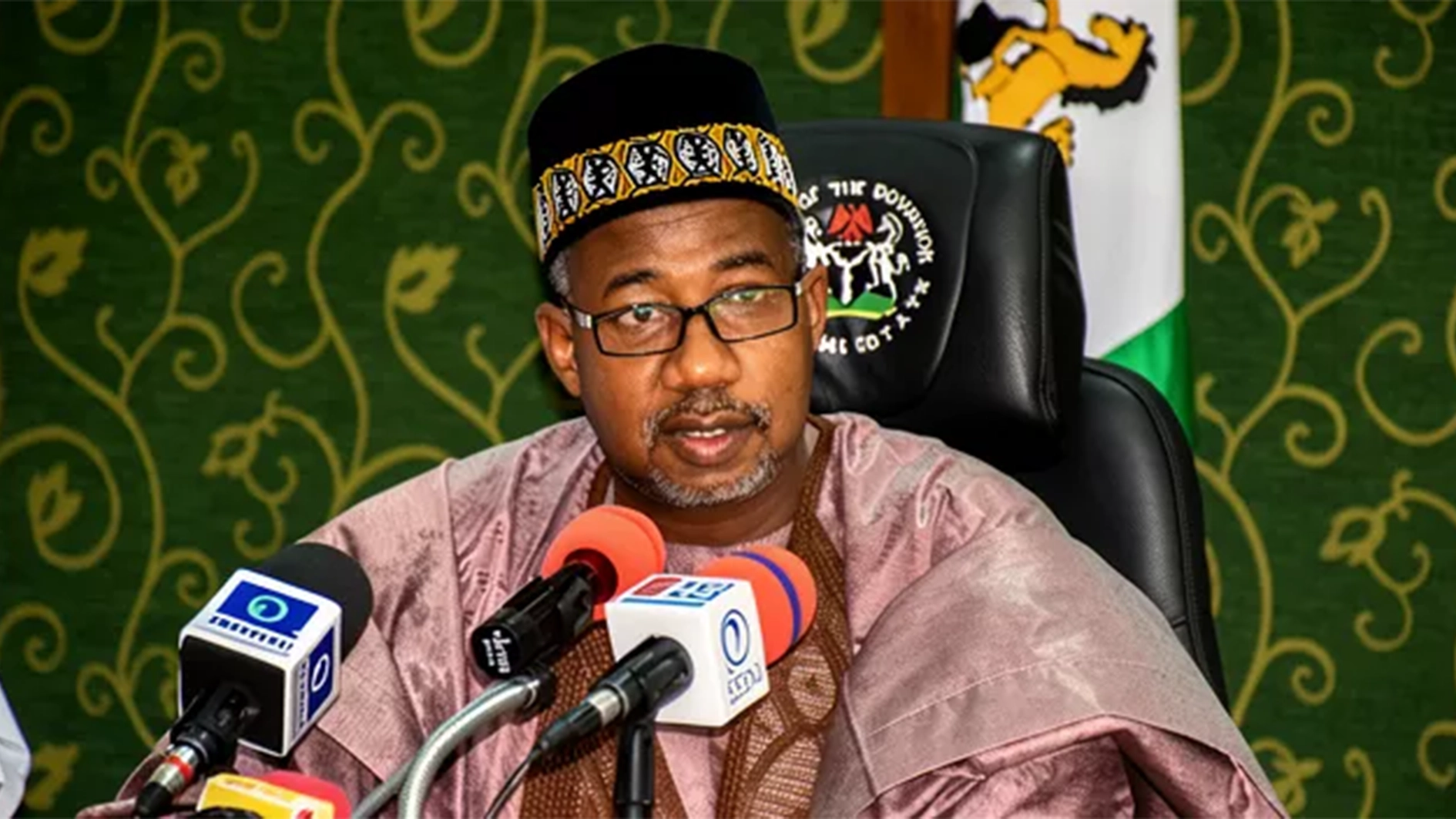
— as Tinubu moves to enhance food security, agricultural productivity
Nigeria and Brazil on Monday signed the commercial phase of the $1.1 billion Green Imperative Project (GIP) to boost agricultural productivity and enhance private-sector investment in Nigeria.
Presidency officials disclosed that the memorandum of understanding (MoU) is part of measures to ensure food security in the country.
The GIP, the largest agricultural project in Africa, prioritises the development of sustainable, low-carbon agriculture. It aims to establish structural conditions to boost food production in Nigeria efficiently and competitively.
The MoU for the $1.1 billion phase one was signed in 2018, while the $4.3 billion phase two and the $2.5 billion JBS projects were signed in Brazil during President Bola Tinubu’s visit to the country last year.
Meanwhile, Vice President Kashim Shettima has described the signing of the commercial phase of GIP phase one as part of ongoing efforts by the administration to enhance food security in the country.
Speaking during the signing at the Presidential Villa, Abuja, Vice President Shettima said the GIP would leverage strategic opportunities to drive the nation’s economic growth and boost investor confidence.
“As this administration addresses the food security challenges we are facing and dovetails the eight-point agenda of President Bola Ahmed Tinubu, we must synergise and use existing initiatives such as the GIP for the purpose of policy continuity and for leveraging strategic opportunities to drive our economic growth and enhance investor confidence,” he said.
Senator Shettima noted that the GIP aligns with all the policies and programmes of the Tinubu administration and will link small-scale farmers with the entire agricultural value chain in the country.
“We have been battling with low agricultural productivity for decades, and as I have always said, entrepreneurial capitalism is embedded in the very psyche of the average Nigerian, but what our people are lacking is the wherewithal to be placed on the first ladder of development.
“This GIP is a wonderful opportunity because it seamlessly aligns with all the policies and programmes of this government. It is a private-sector-driven initiative that targets small-scale farmers and links them with all agricultural value chains.
“Today, to me, is a high point of our leadership in this country. Yes, we have started seven years behind, but the journey of a thousand miles begins with a step. The year 2025, as rightly captured by His Excellency, the Brazilian Ambassador to Nigeria, is a milestone in our journey towards food security and the diversification of our nation’s economy,” he further noted.
[ad
Vice President Shettima credited the Minister of Agriculture, the Minister of Finance and Coordinating Minister of the Economy, the Attorney-General of the Federation and Minister of Justice, the Foreign Affairs Minister, and other stakeholders for the success of the project.
In his remarks, the Ambassador of Brazil to Nigeria, Carlos Garcete, said it was a great honour for Brazil to associate with the Green Imperative Project (GIP). He said that over the past seven years, negotiations had been ongoing with the Nigerian government to secure the necessary funds from private and regional development banks to finance the ambitious project, which is worth approximately $1.1 billion.
He noted that the project would allow for the importation of agricultural equipment such as tractors and spare parts, with the assembly of machines to be carried out in Nigeria using Nigerian labour. He stressed that in the event of a breakdown, repairs would be possible within the country by personnel trained by the GIP.
Mr Garcete thanked President Bola Tinubu for bringing the long negotiations to a fruitful conclusion.
In his goodwill message, the Governor of Jigawa State, Alhaji Umar Namadi, expressed delight over the signing of the agreement, noting that agriculture plays an important role in the country’s economy.
READ ALSO:
“This commitment, demonstrated from the highest level—from the President to the Vice President—leaves those of us at the subnational level with no choice but to follow suit because this is our project,” he stated.
Also speaking, the Governor of Benue State, Rev. Fr. Hyacinth Alia, said Benue State—being the food basket of the nation—was the happiest among the subnational entities to witness the signing of the agreement.
He assured that the Benue State government would fully support the success of the project, stating, “Benue State does not only hold the basket but also the food and its surpluses for the nation.”
The Minister of Foreign Affairs, Ambassador Yusuf Tuggar, who also witnessed the ceremony, described the agreement as a good example of South-South cooperation between Nigeria and Brazil. He added that the Brazilian Minister of Foreign Affairs was in Nigeria last week, where he held bilateral talks with President Tinubu.
He noted that both countries were passionate about the project, given Brazil’s success in transforming barren savannah into one of the world’s most prolific agricultural sites.
The Attorney-General of the Federation and Minister of Justice, Hon. Lateef Fagbemi, also applauded all the stakeholders who contributed to making the event a success.






